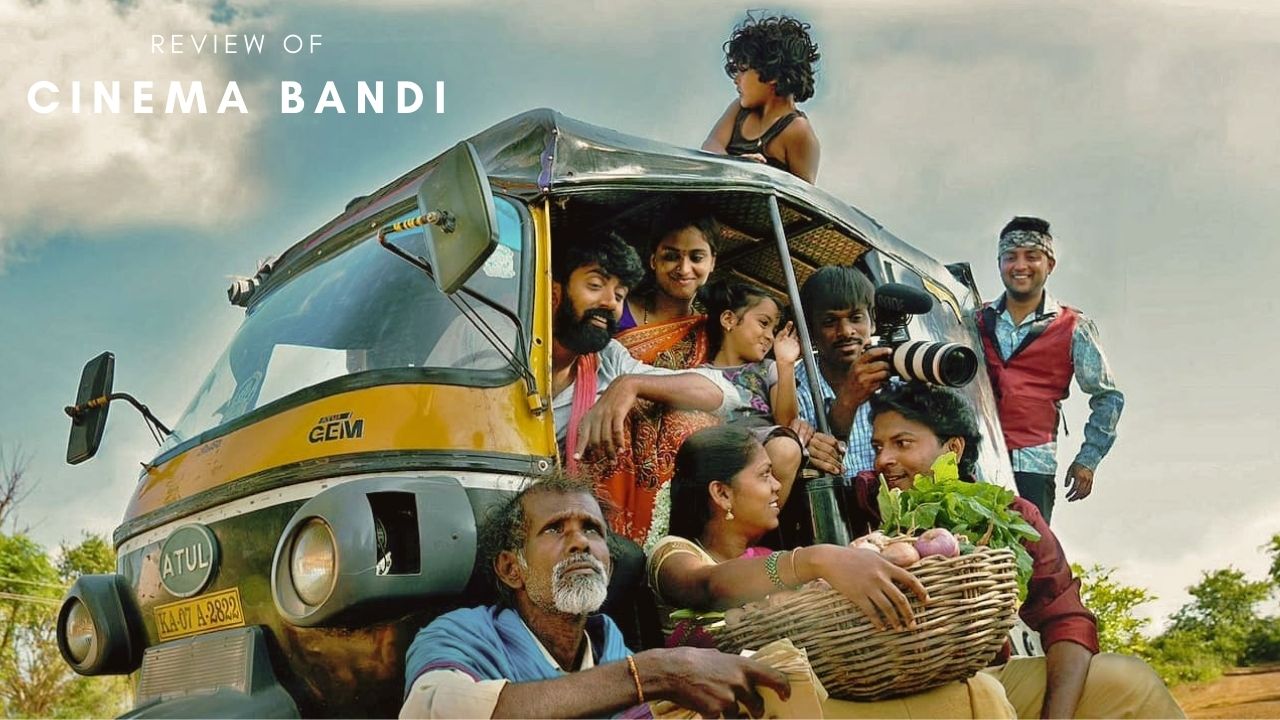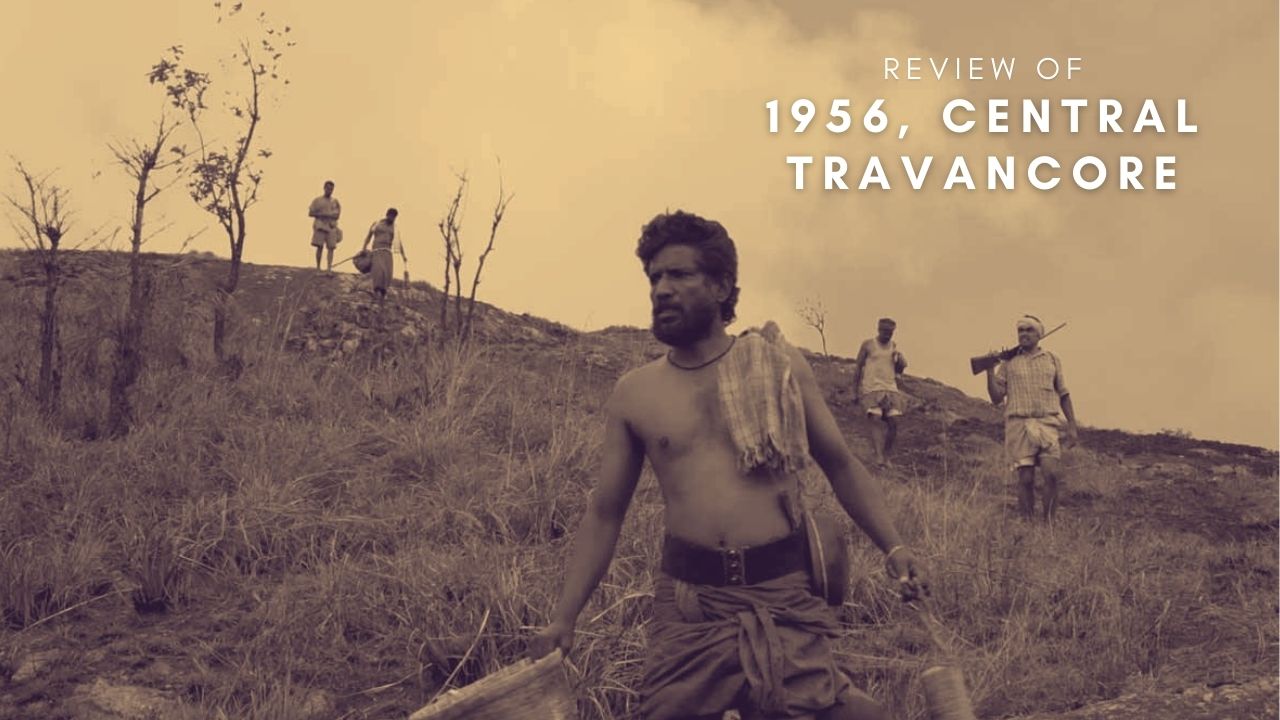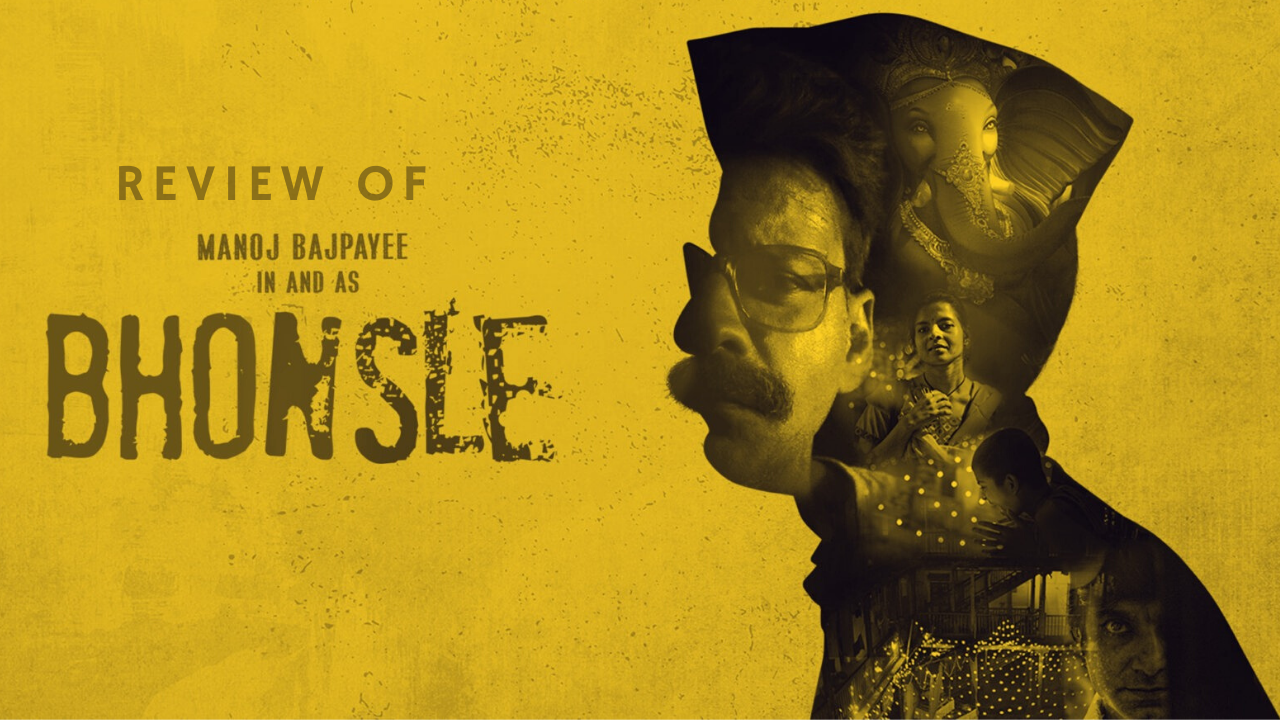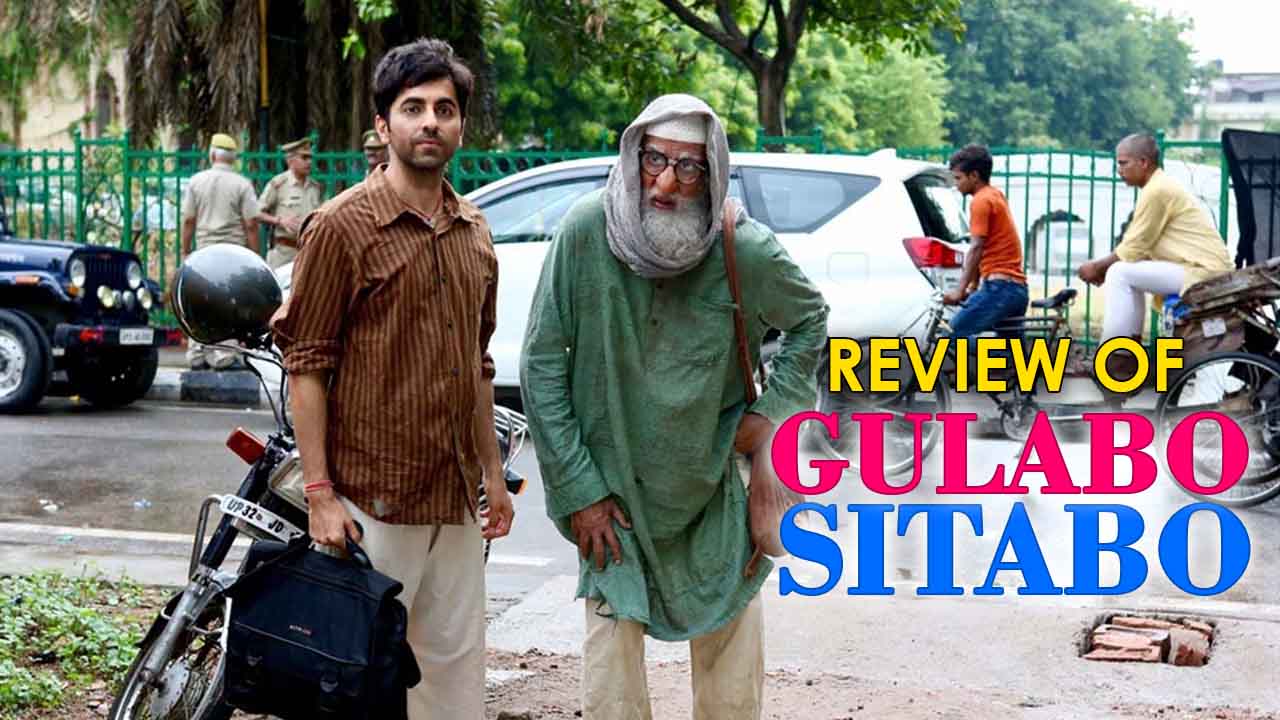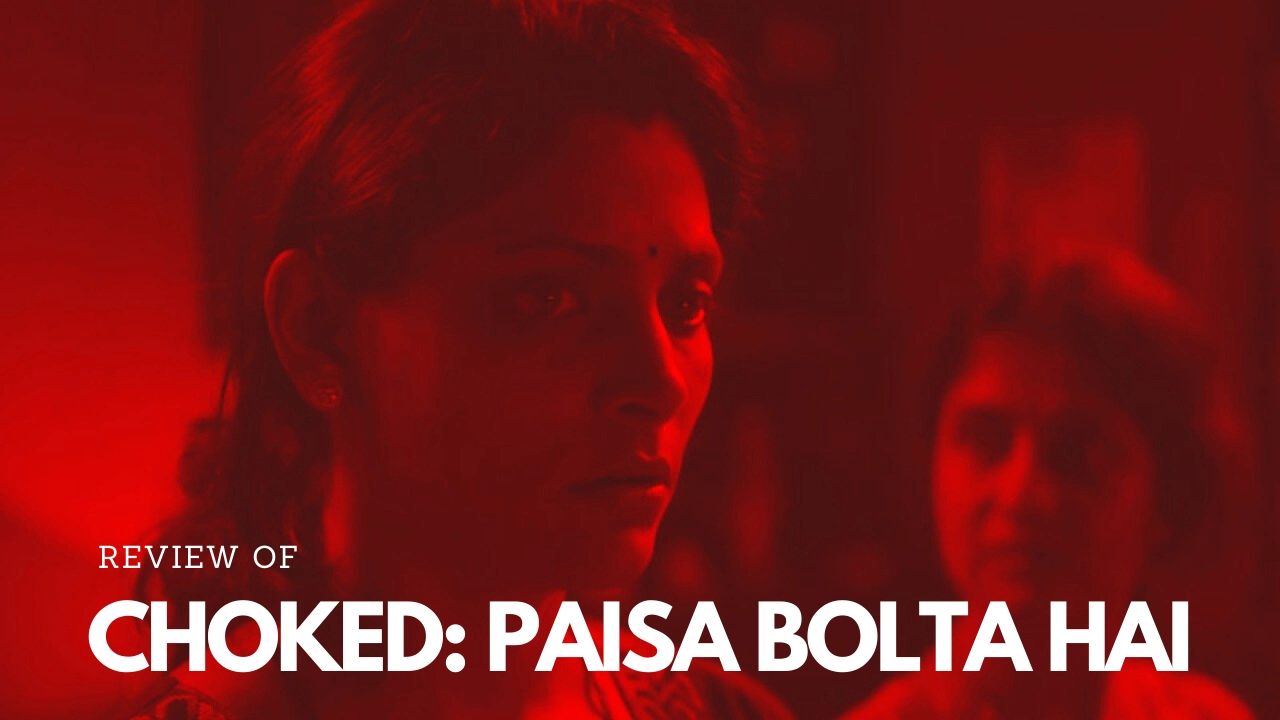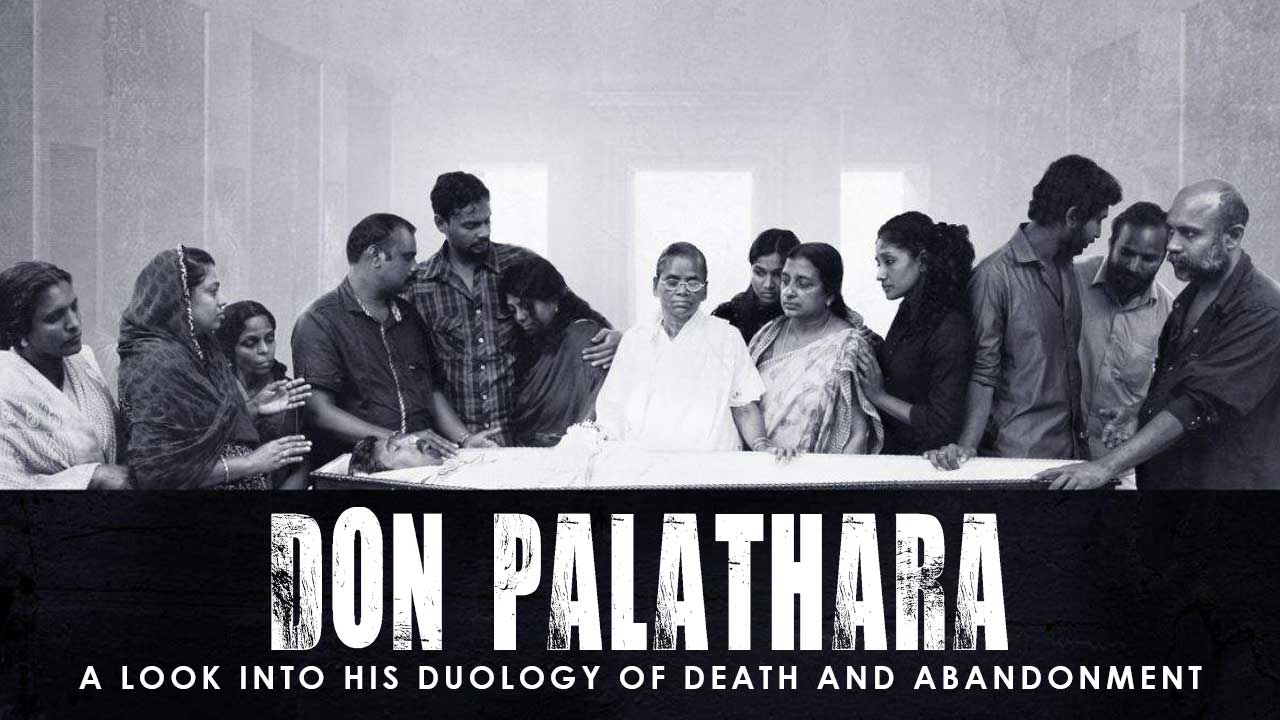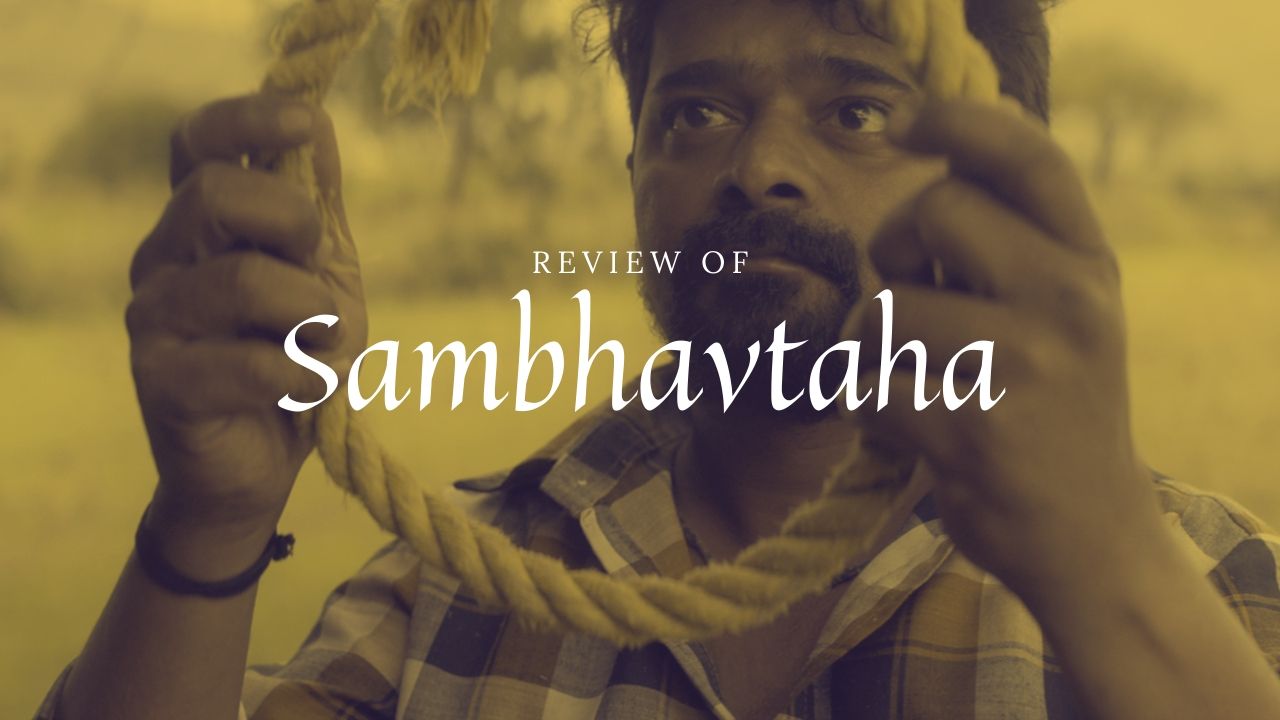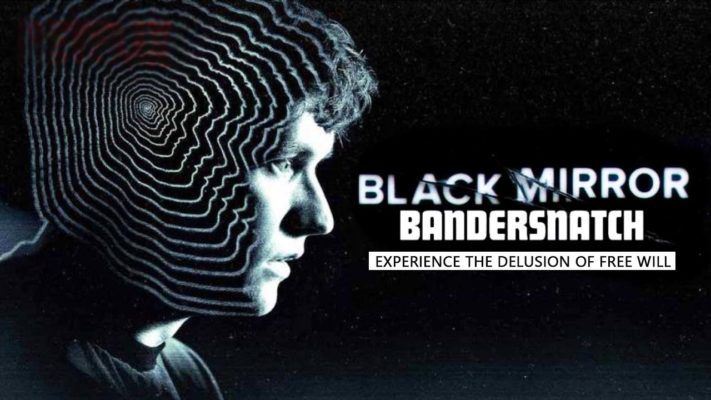
Plunge Into This Brief Time-Travel To Experience The Delusion Of Free Will
“…Shun/ The frumious Bandersnatch!”
The monstrous Bandersnatch of Lewis Carroll’s Wonderland has been unmercifully twisted and dismantled by Netflix to conceive it in a Frankensteinian manner. David Slade’s Black Mirror: Bandersnatch, entraps its creators in a dark, surreal ride and macabre endings, giving the viewers a number of parallel climatic realities in the process. The ‘Choose Your Own Adventure’ type interactive episode also toys with the conventional idea of horror, and in the end remains one of the darkest testimonials of video game obsession.
Set in 1984, Bandersnatch has the most therapeutic and horrific ways to stir up viewers’ imagination- you can choose between Frosties and Sugar Puffs and between Killing Stefan (Fionn Whitehead) and not killing him. David Slade has infused all the right elements to navigate along the backbone of Bandersnatch– government vigilantism, psychological horror, and an element of hilarity resulting from Stefan’s paranoia.
The physical surrounding of Bandersnatch is volatile, gargantuan, and fragmented. It is like what Colin Ritman, played by Will Poulter, alludes to the fabricated reality of Bandersnatch – “We are all living in Pac-Man’s world. You know what Pac stands for? P.A.C Program and Control. “ Slade has permitted his viewers to become both his author and character. The dichotomy is bizarre and entertaining, helping Slade to market Bandersnatch in a ubiquitous manner.
A Drugged Affair To Enrich Viewers’ Experience
Colin’s existence in Bandersnatch is worth obsessing over, especially since he is the only character to believe in the fluidity of time, seeking an altered sensory perception. He gives you some sense of companionship to wade through this puddle of timeless reality. Slade has sagaciously installed the hallucinatory effects in Bandersnatch, exploring the infinite possibilities of multiple realities existing simultaneously, contentious and fleeting.
Stefan’s reality is forever evolving, the narrative shifts back and forth, it is almost delirious. With Bandersnatch, you are either stuck in a loop or you restart the entire thing, to erase the previously made choices and reach the different endings.
Stefan’s physical universe is crowded with characters like Colin Ritman, Dr Haynes, Thakur and Stefan’s own memories of a guilt-ridden past. Enigmatic Colin Ritman helps to the heighten the pipe dream elements in Stefan’s dystopia. Bandersnatch entraps Stefan in multiple realities. In each, he rightfully questions the delusion of free will and by the end of this phantasm, you are compelled to do the same.
Netflix And The Psychosis In Cinema
Netflix, the badass streaming giant had already stirred the pot back in 2018, by stealing the limelight from theatres and running all major flagship films like Roma on its site. Like a cherry on the cake, the latest creation of this one-on-one experience that Bandersnatch is, programmed for laptops and mobile screens, has completely turned the tables. Netflix must be revelling in its liberty of screening one of the most ambitious projects ever made, the full complexity of its layered meaning and undertones to be registered only on a portable device.
Black Mirror: Bandersnatch might be a movie or a video game, but is clearly off its rocker. Depending on viewers’ choice, it could stretch from 90 minutes to 2.30 hours, each layer of its paper-thin reality overlapping with the other, and all loose ends running into an abject failure in the end. There is no victory of free will nor does Slade grant an artist’s grandeur to Stefan, the artist who is being slowly devoured by his art.

Like in a video game, the viewer/spectator plays a tyrant’s sport in Bandersnatch. Interestingly, as events unfurl you become aware of other gamers all playing their game, and catapulting events toward the inevitable doom. Netflix has perfectly pulled every stray string to instigate viewers’ participation to the extent of designing how they experience the entire session of Bandersnatch. The tepid flow of suspense throughout the session tends to get snapped off every now and then, you get exhausted of chasing the different threads of narratives, at times reaching the same dark alley (read dead end).
“There are scenes that some people just will never see and we had to make sure that we were OK with that. We actually shot a scene that we can’t access.” – David Slade, in an interview on the making of Bandersnatch.
